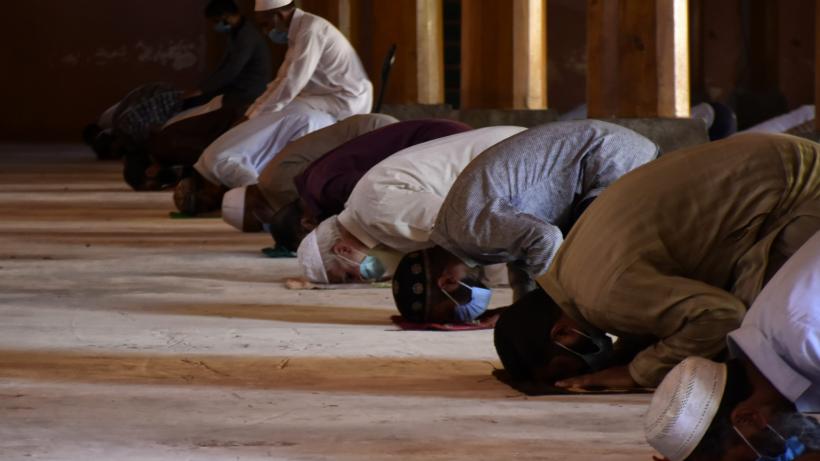
Engagement with local religious leaders to combat COVID-19 in Pakistan
-
Vyborny-et-al-2021-Policy-brief_new.pdf
PDF document • 931.71 KB
- COVID-19 remains a threat for the Pakistani economy and health care system. In this environment, congregational prayers, including obligatory Friday prayers, present significant risks for transmission of the virus if not managed properly.
- This policy brief measures the impact of one-on-one engagement with local religious leadership on the compliance of public health measures such as wearing masks.
- Through a randomised controlled trial study, the research found that one-on-one engagement with religious leaders encourages them to impart health guidelines to congregants. Respondents were 25% more likely to advise wearing a mask to prayers if they received any of the persuasion scripts.
- The findings suggest that public health policies can mobilise communal leaders (religious or non-religious) on two fronts: containment and prevention. Evidence from this study highlights that there is room for policymakers to build a more collaborative relationship with communal leaders through one-on-one engagement.
- The results can provide valuable insights for strategies used by other public health campaigns to engage the public and build trust, such as COVID-19 vaccination.





